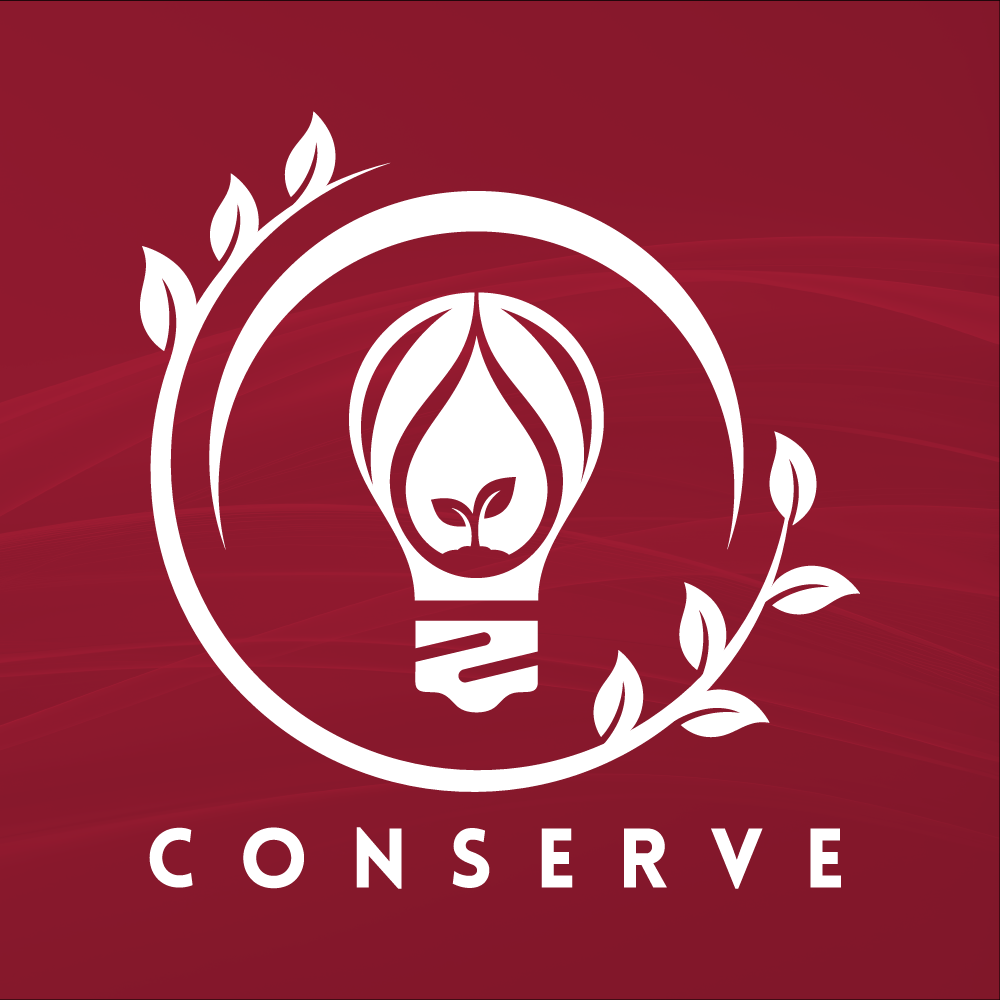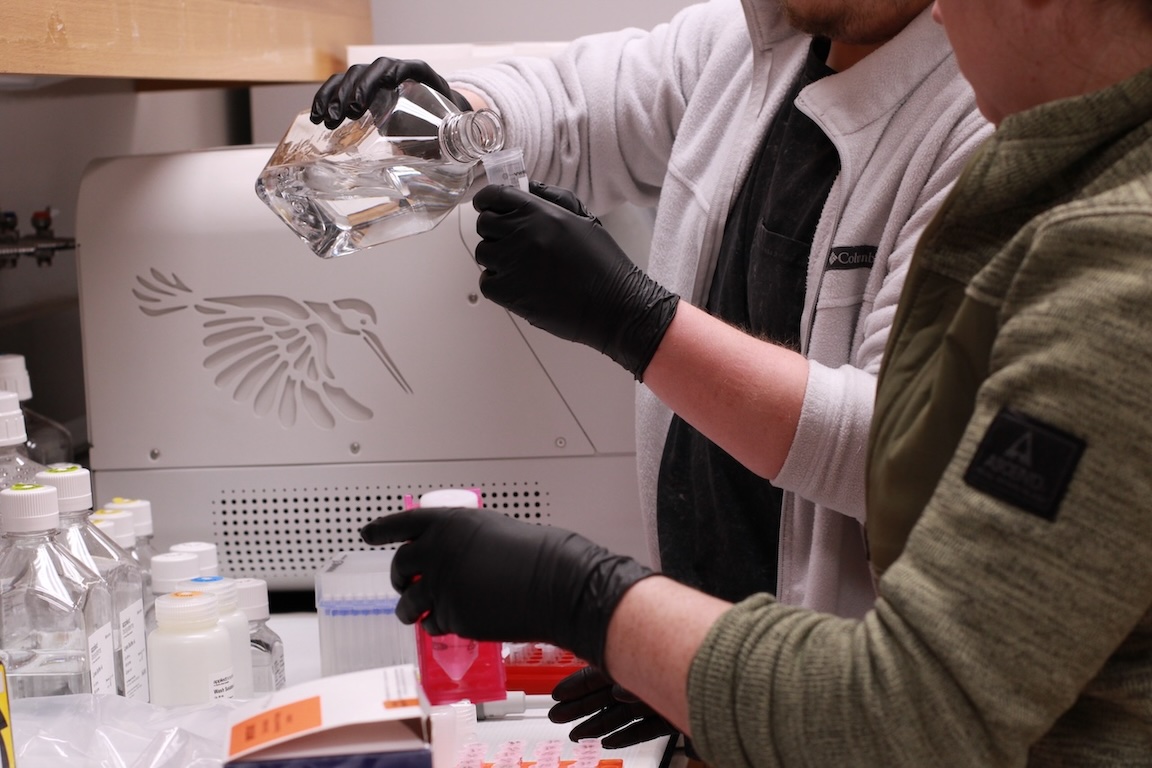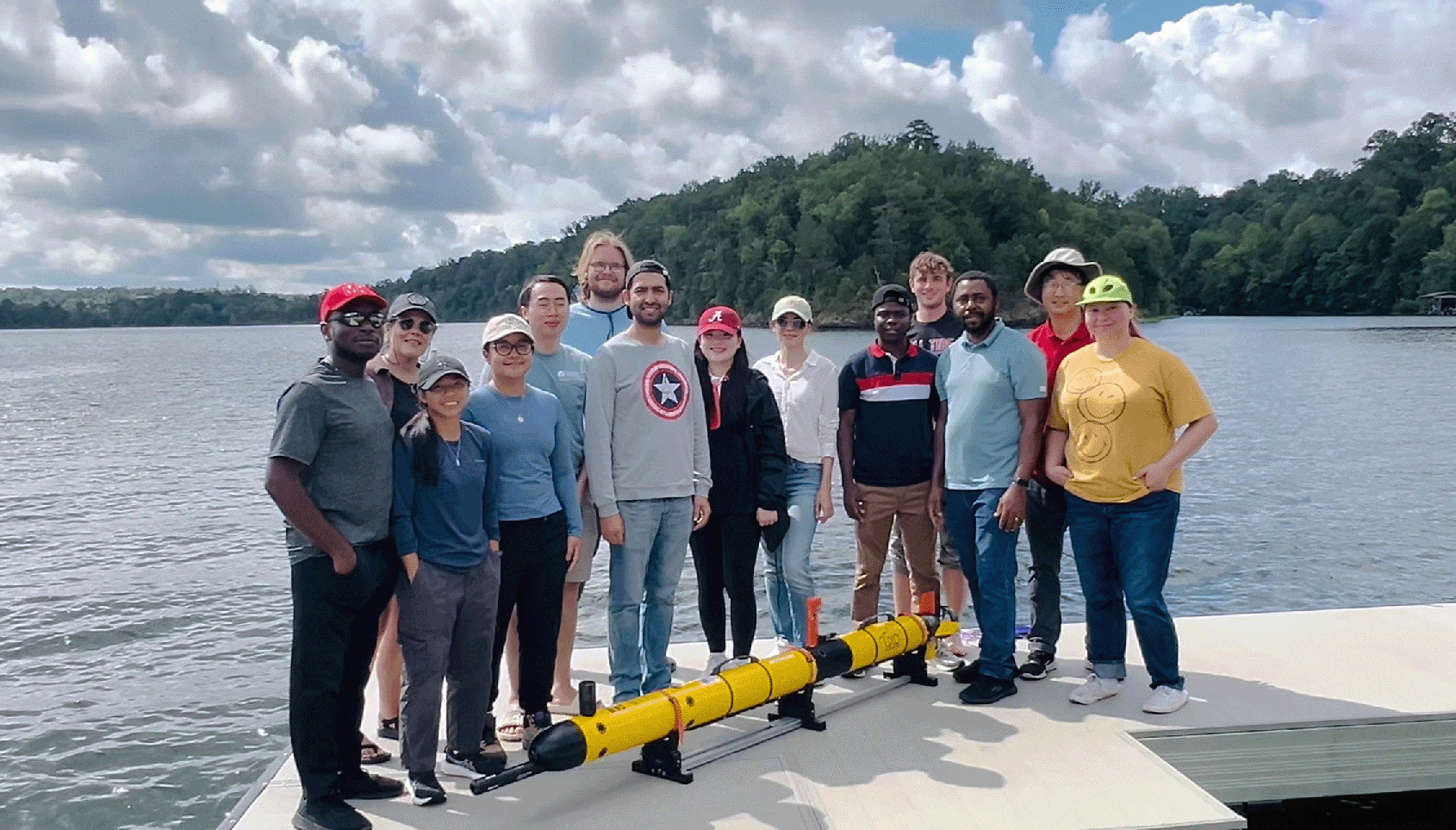
Research Entities
Global Water Security Center
The Global Water Security Center leverages cutting-edge science to deliver critical water and environmental security insights to key decision-makers and provides reliable tools and analysis to support national water security interests.

CIROH
CIROH is a one-of-a-kind partnership between The University of Alabama, NOAA and the National Weather Service, aimed at revolutionizing U.S. water forecasting through collaboration among 28 institutions.

CONSERVE
CONSERVE draws on The University of Alabama’s wide-ranging interdisciplinary expertise to address biodiversity and watershed management challenges through community-centered research.


News & Announcements
Find out what our students, faculty, staff, and alumni are doing to make a positive difference on our campus, in our community and state, and around the world.
-

From Anthropology Student to CONSERVE Storyteller
Ekaterina Menkina, a University of Alabama anthropology student, had never touched professional filming equipment before. However, the Alabama Water Institute’s CONSERVE Research Group took a chance on her in 2024, handing over professional-grade camera equipment and trusting her to document ancient pictographs 800 miles from Tuscaloosa. “I saw the words ‘creative’ and ‘art,’ and I…
-

CONSERVE Future Ecologies Lab Brings Advanced DNA Analysis to UA
A process that once required two full days of hands-on work by a researcher and graduate student now takes about an hour. The Alabama Water Institute’s Equipment Support Program recently helped fund a Thermo Scientific KingFisher Apex for its CONSERVE Future Ecologies lab. The state-of-the-art genomics platform automates the extraction of DNA, RNA and proteins from plants,…
-

New CIROH Research Awards Advance NextGen Water Prediction
CIROH announces $25.5 million in funding for 47 new research projects that will help communities better prepare for floods, droughts and changing water conditions. Supported by NOAA and USGS, this work will improve water forecasting tools, expand the use of AI, strengthen coastal and flood prediction and advance new observing technologies to turn cutting-edge science…
-

USGS FLOW Academy’s Inaugural Summer Builds Water Science Leaders
The first USGS FLOW Academy brought 13 students to The University of Alabama for a summer of hands-on water technology, fieldwork and discovery that redefined how they see water science.

Upcoming Events
-
AWI WaterWorks
March 27
Time12:00 p.m. – 1:00 p.m.
Location133, Lloyd Hall
-
AWI WaterWorks
April 24
Time12:00 p.m. – 1:00 p.m.
Location133, Lloyd Hall